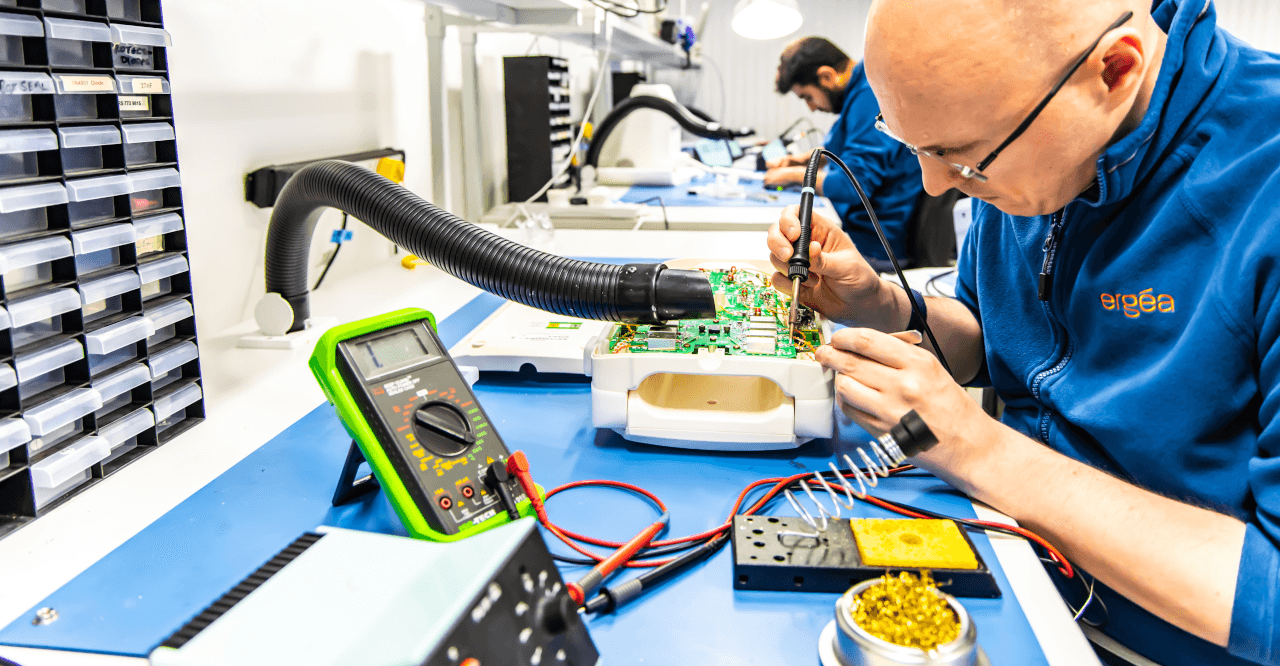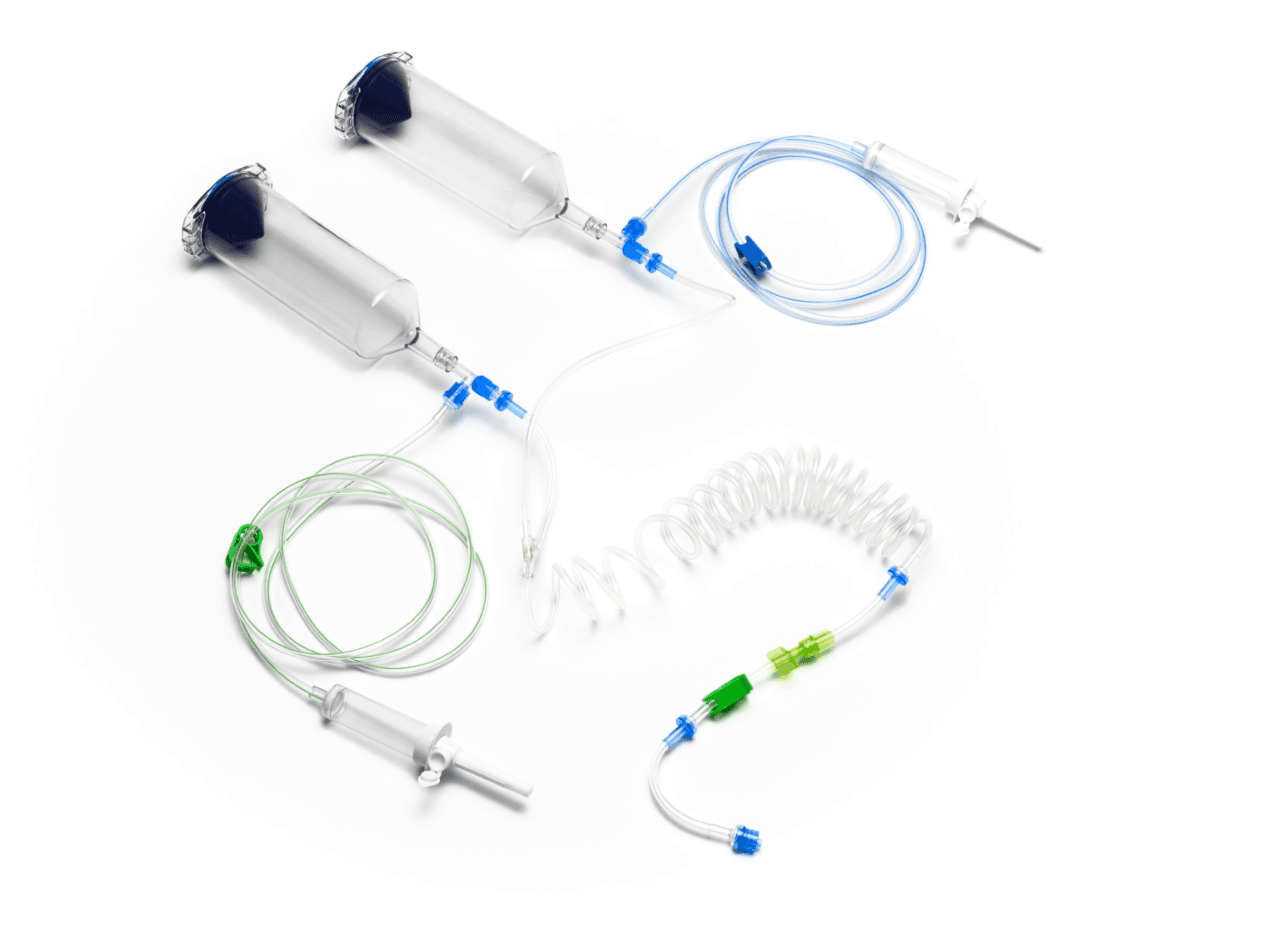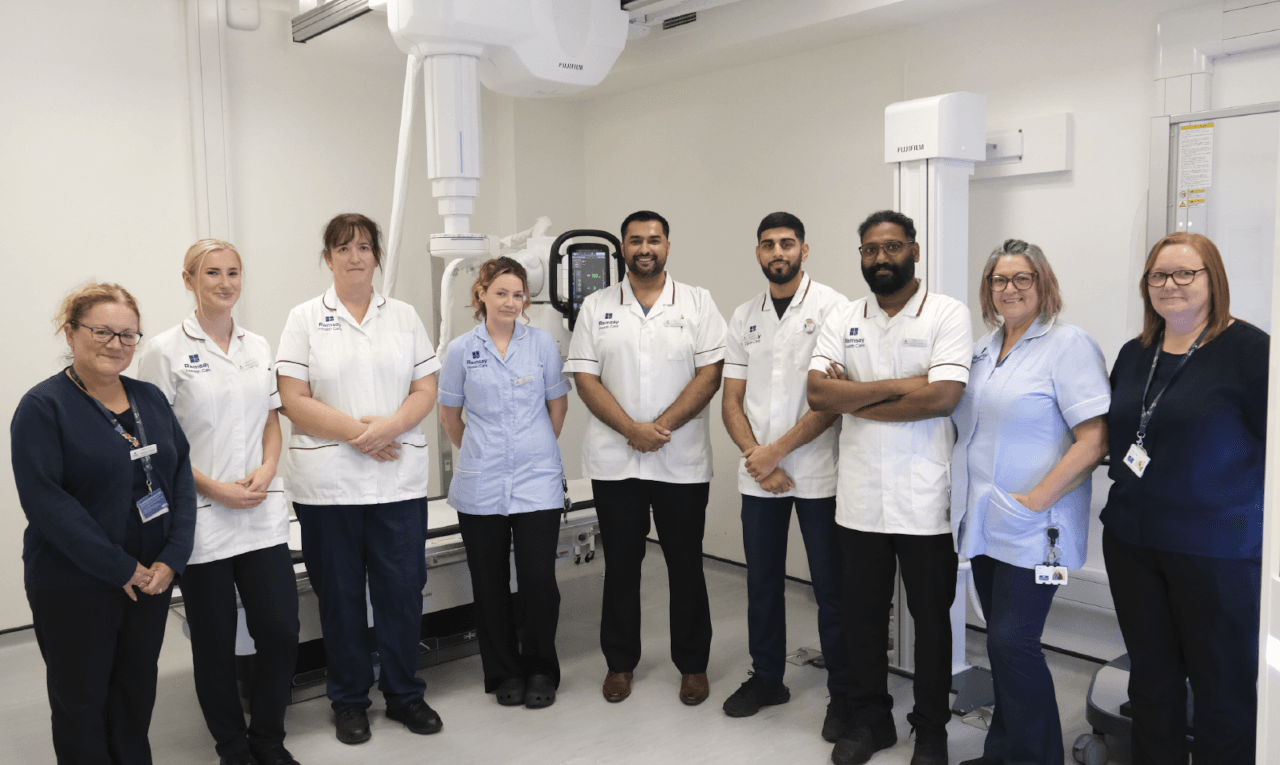
Ergéa UK is supporting the reduction of emissions and minimisation of waste in diagnostic imaging, having integrated circular economy principles into its maintenance services since 2002.
Historically, diagnostic imaging departments have defaulted to replacing equipment with new when faults arise, the company says. “However, with the NHS committed to reducing its supply chain emissions, which account for more than 60 per cent of its total carbon footprint, this model is no longer viable,” it says.
In response, Ergéa UK has taken a comprehensive life cycle approach that prioritises the repair, refurbishment and optimisation of existing diagnostic equipment, helping trusts to reduce environmental impact while improving financial sustainability.
Ergéa’s managed services encompass a range of sustainable solutions, for example refurbished ultrasound probes, MRI coil repairs and comprehensive cosmetic and mechanical repairs across all OEMs.
In the past five years, these solutions have helped Ergéa UK’s customers achieve significant cost savings that translate to a 76 per cent reduction in costs compared to traditional replacement models. At the same time, more than one tonne of equipment waste has been diverted away from landfill.
“By extending the lifespan of vital imaging equipment, we are not only supporting NHS sustainability goals, but helping trusts reinvest in patient care,” said head of diagnostic imaging business line at Ergéa UK and Ireland Lakidzani Tambula-Shalten.
Picture: Ergéa’s life cycle approach aligns with NHS Net Zero ambitions and the wider circular economy agenda in healthcare.
Visit Ergéa at UKIO on stand A38.
This news story has been sponsored by the companies concerned and does not represent the views or opinions of RAD Magazine. Visit our dedicated UKIO conference page to find out more.


